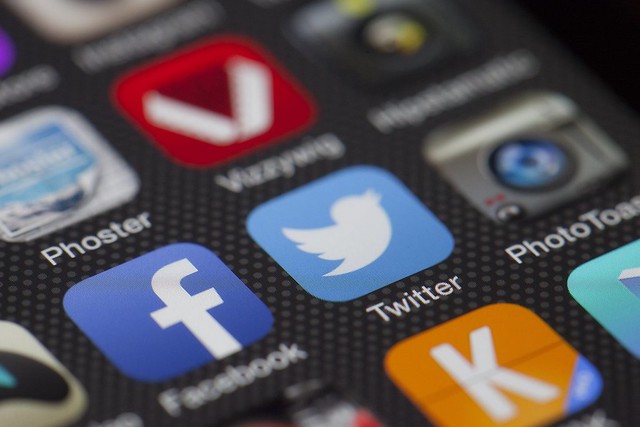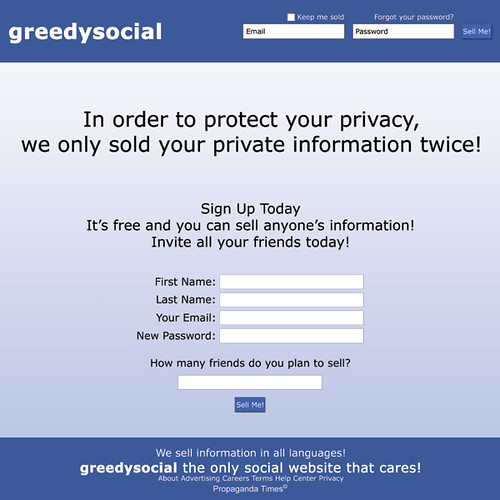Have you wondered why so many Filipinos get scammed easily by con artists?
While there are tons of reasons why people get duped by these money-making schemes in no time (or for a long time), there are two big insane hypothetical causes:
1) Most Filipinos hate reading (Read this: Understanding).
2) Most Filipinos are not fans of researching (hello Google!).
Of course, most Pinoys get alarmed whenever they read the word “warning” or “alert” especially in the social media these days. In one instance, my Facebook newsfeed has been flooded by this “warning” message:
Hello to all of you who are on my list of contacts of Facebook. I would like to ask a favor of you…. You may not know that Facebook has changed its privacy configuration once again. Thanks to the new “Graphic app”, any person in Facebook anywhere in the world can see our photos, our “like” and our “comments”. During the next two weeks, I am going to keep this message posted and I ask you to do the following and comment “DONE”. Those of my friends who do not maintain my information in private will be eliminated from my list of friends, because I want the information I share with you, my friends, to remain among my friends and not be available to the whole world. I want to be able to publish photos of my friends and family without strangers being able to see them which is what happens now when you choose “like” or “comment”.
Unfortunately we cannot change this configuration because Facebook has made it like this. So, please, place your cursor over my photo that appears in this box (without clicking) and a window will open. Now move the cursor to the word “Friends”, again without clicking and then on “Settings”. Uncheck “Life Events” and “Comments and Like”. This way my activity with my family and friends will no longer be made public. Now, copy and paste this text on your own wall (do not “share” it!). Once I see it published on your page, I will un-check the same for you.
And although I posted comments on two of my Facebook friends’ shared statuseseses containing this unverified and un-Googled “warning message” that this is all HOAX, the rest of their minions continued posting the word “Done.”
Maybe they don’t believe me (poor me). But maybe they really don’t understand and they fear being watched over by an unknown Big Brother.
Well, here’s a thing. You already are exposed to privacy issues whenever you play Candy Crush!
I know it’s good to be wary and alert when it comes to protecting your privacy. However, we should also verify first if a report is credible or not. Always look for the source of the message before you spread any information that you’re not sure whether it is true or not.
It’s simple. See if there is a valid link or a URL (universal resource locator, in case you don’t know the meaning of this internet slang). The URL is nothing more but a web address. For example: http://www.iamsharingfalseinformationonfacebook.com
If you don’t see any link like that, then please, don’t spread the virus! Don’t act like an annoying “minion” on social media sites.
Understand and do thorough research before believing anything that you read or anything that’s being offered to you.
Follow my posts about proper identity and privacy protection by subscribing to RockToRiches|BurnGutierrez.Com for FREE.
Rock your way to abundance!
#moneyliferocknroll
—
If you want me to coach you in improving your finances, type your name and email below and click the Subscribe button:




Before the Facebook era, our Yahoo mails were usually flooded by “hoaxes” also. I was one of those who reply to group mails giving links showing proofs that what they were forwarding around were untrue.
Sometimes it’s very obvious but they still forward it. Kaya siguro nauso yung term na GMG. 😀
One behavior that also worsens this situation is our “wala namang mawawala” attitude. So rather than researching if what they are reading is true or not, susundin na lang nila and ishe-share. Wala namang mawawala.
As for me, I don’t care that much whether my social network information becomes public. The moment I created my Facebook account, I know that whatever I share there is public already regardless which security level I put my profile in. For those people who are concerned about their info, wag nila ipost ang mga yun sa Facebook. Ironic lang kasi most of these people who gets alarmed about that supposed FB security issues are the ones who are fond of putting everything in their accounts like phone numbers, their where abouts (checking in all the time), all of their photos, names of their relatives, etc. labo lang talaga no bro? 🙂
Naku, pati sa office email naalala ko kumakalat mga ganyan. Kultura na ba talaga nating mga Pilipino ang madaling mapaniwala? Baka ito nga ang dahilan kung bakit ilan beses tayo nasakop? :-/
yup. sa office din namin. at masaklap pa, pag ikaw nagcocorrect, ikaw pa lumalabas na kj madalas. hehehe. naiintindihan ko sitwasyon mo dito bro.
lack of financial literacy, greed and gullibility or too much trusting are the main culprits